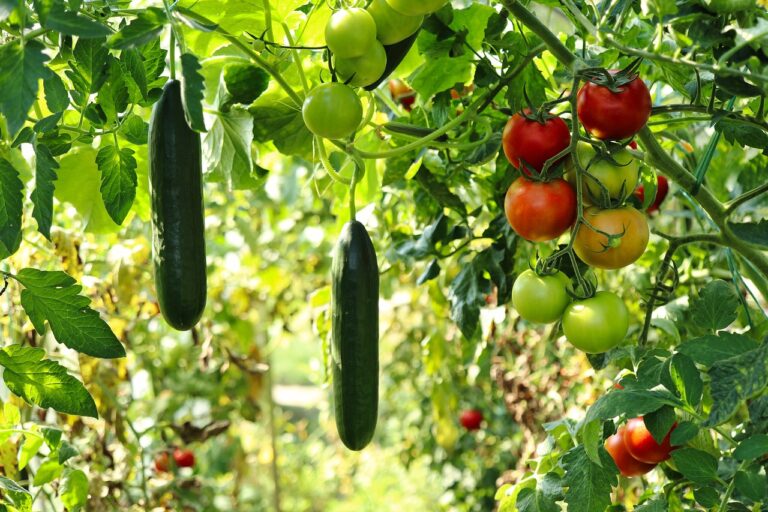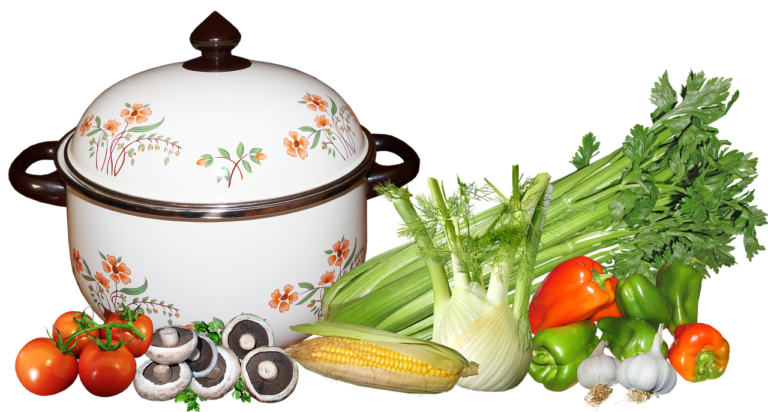Vegan Cooking: A Journey into Plant-Based Delights
In a world increasingly conscious of health and environmental sustainability, vegan cooking has emerged as a culinary art form that delights both the palate and the soul. Join us as we delve into the enchanting realm of vegan cuisine, exploring its principles, ingredients, techniques, and myriad benefits.
The Vegan Philosophy
Veganism is a lifestyle that abstains from consuming any animal products, including meat, dairy, eggs, and honey. It is motivated by compassion for animals, concern for the environment, and the pursuit of optimal health.
Ethical Considerations
- Vegans believe all animals have inherent worth and should not be exploited for food.
- Animal agriculture has been shown to cause immense suffering to billions of creatures worldwide.
Environmental Impact
- Animal agriculture is a leading contributor to greenhouse gas emissions, deforestation, and water pollution.
- By adopting a vegan diet, we can significantly reduce our environmental footprint.
Vegan Ingredients
Vegan cooking is a symphony of flavors and textures, made possible by a diverse array of plant-based ingredients.
Plant-Based Proteins
- Legumes (beans, lentils, chickpeas)
- Nuts and seeds
- Tofu and tempeh
- Seitan
- Plant-based meat alternatives
Non-Dairy Products
- Plant-based milk (soy, almond, oat)
- Plant-based yogurt
- Plant-based cheeses
- Vegan butter and margarine
Fruits and Vegetables
- Provide vitamins, minerals, antioxidants, and fiber
- Add sweetness, tartness, crunch, and color
Vegan Techniques
Mastering vegan cooking requires a repertoire of techniques that mimic the properties and flavors of animal products.
Substitutions
- Eggs: Replace with flaxseed meal, chia seeds, or mashed bananas
- Butter: Use vegan butter or coconut oil
- Milk: Use plant-based milk
Cooking Methods
- Roasting: Brings out natural flavors and caramelizes vegetables
- Sautéing: Quickly cooks ingredients and adds a sear
- Steaming: Preserves nutrients and tenderizes vegetables
Health Benefits of Veganism
Embracing a vegan diet has been associated with a plethora of health benefits.
Reduced Risk of Chronic Diseases
- Studies have linked veganism to reduced risk of heart disease, stroke, type 2 diabetes, and certain cancers.
Improved Weight Management
- Vegan diets are generally high in fiber and low in saturated fat, contributing to weight loss and maintenance.
Enhanced Nutrient Intake
- Fruits, vegetables, whole grains, and legumes provide an abundance of vitamins, minerals, and phytonutrients.
Conclusion
Vegan cooking is a transformative culinary journey that celebrates compassion, sustainability, and the joy of plant-based foods. Its versatile ingredients, innovative techniques, and proven health benefits make it a compelling choice for individuals seeking a healthier, more ethical, and environmentally conscious way of life. Embark on your vegan cooking adventure today and discover a world of culinary delights that nourish both your body and soul.
























